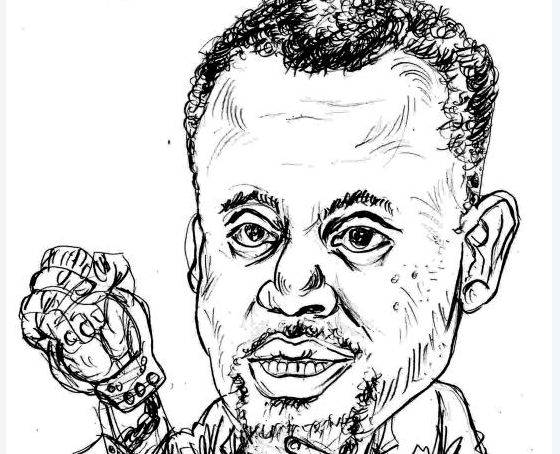×
The Standard e-Paper
Smart Minds Choose Us

In a few short months, Director of Public Prosecution (DPP) Noordin Haji has found himself playing a starring role in President Uhuru Kenyatta’s anti-corruption drive.